A North Korean defector, Yeonmi Park, spoke about the price of freedom in an event at Bessey Hall on Tuesday presented by Iowa State University’s Turning Point USA Chapter with around 60 people in attendance.
According to The Washington Post, evidence suggests that Park’s accounts of North Korea are inconsistent and exaggerated. The authenticity of her life in North Korea has been contested by fellow North Korean defectors, scholars and accounts from her mother.
At the event, each chair had a flier on it, reading, “‘Jeans are the symbol of capitalism’ – Yeonmi Park [In North Korea, you can’t wear jeans].”
Park said she first heard the word freedom when she was a teenager. A Christian missionary explained it to her: “You can watch K dramas, and you can wear jeans, and nobody’s going to arrest you for that.”
“In North Korea, jeans were made in America, therefore a symbol of capitalism,” Park said. “You go to jail and get tortured for wearing jeans. I couldn’t believe there is a place where humans have a right to choose what to wear and what to watch, and you don’t get punished for that.”
Park is the author of “In Order to Live” and “While Time Remains: A North Korean Defector’s Search for Freedom in America.”
Park said she grew up in poverty, eating “grasshoppers and dragonflies” for food and no electricity except for on the dictator’s birthday and the New Year. She said North Koreans don’t have a word for freedom or human rights, and the only love she learned was “for the dear leader of the Communist Party.”
“Even when they were teaching us math, they had to brainwash us somehow,” Park said. “They said things like this, ‘There are four American bastards. You kill two of them, then how many American bastards are left to kill?’”
She said that in 2007, at 13 years old, Park escaped with her mother to China, where they were sold to human traffickers.
After two years, she set off with her mother to cross the Gobi Desert to Mongolia from China in -40-degree fahrenheit weather to freedom in South Korea.
“Because of this challenging journey, over the last 80 years, only 209 [North Koreans] made it to America, and I became one of those people in the eight years’ time,” Park said.
In 2016, she came to America to study at Columbia University.
“I was at Columbia, and my classmates were saying things like, ‘They’re oppressed’, and they say they ‘hate America so much,’” Park said. “I asked someone, ‘What about America do you hate so much?’ And they say, ‘Oh, look outside, there are homeless people on the street and there are billionaires. Because of this inequality, it is a symbol of injustice, and because capitalism creates inequality, it needs to be destroyed.’”
Park said in North Korea, “You have no right not to work,” and those who did not work were “tortured and sent to work camp.”
“People in America do not know what it means to be American anymore,” Park said. “They don’t know what it means to live in a free country.”
Park emphasized the importance of free expression and the right to be wrong.
“I still get so nervous whenever I have to give a speech, and one thing that comforts me is that even if I say something stupid, I’m not going to be executed,” Park said.


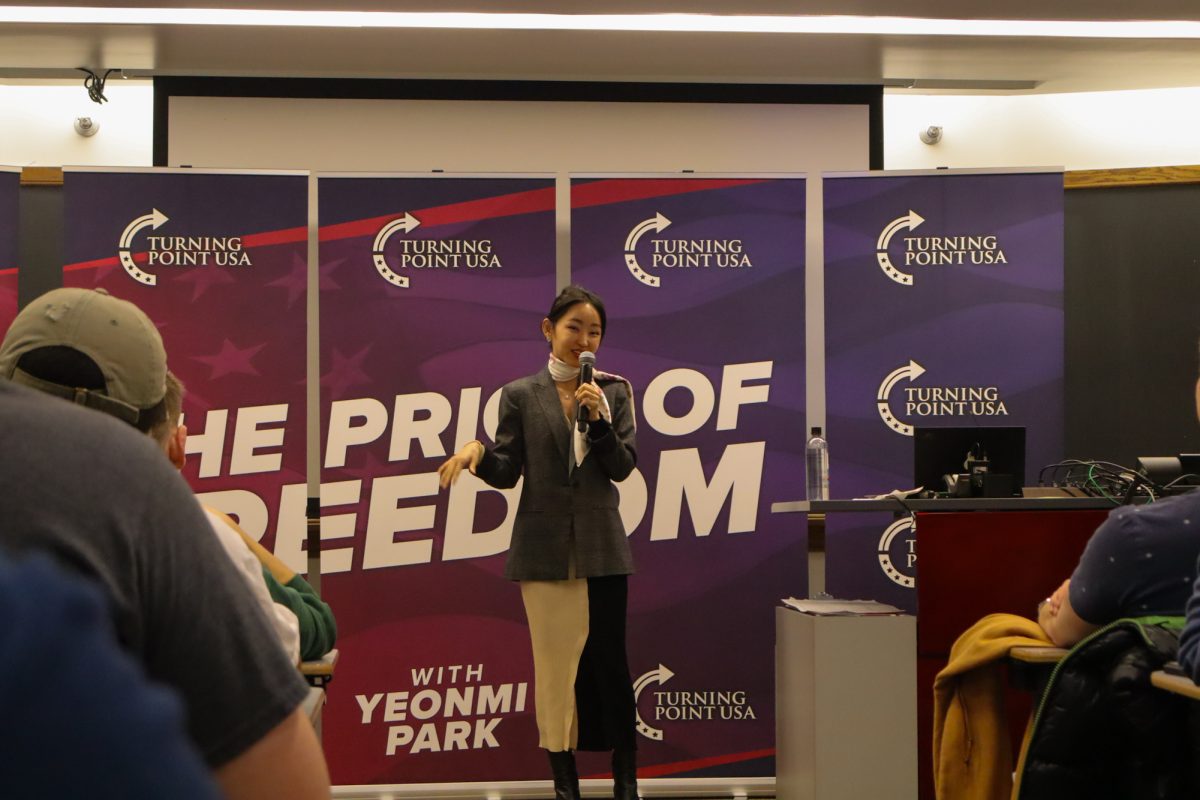




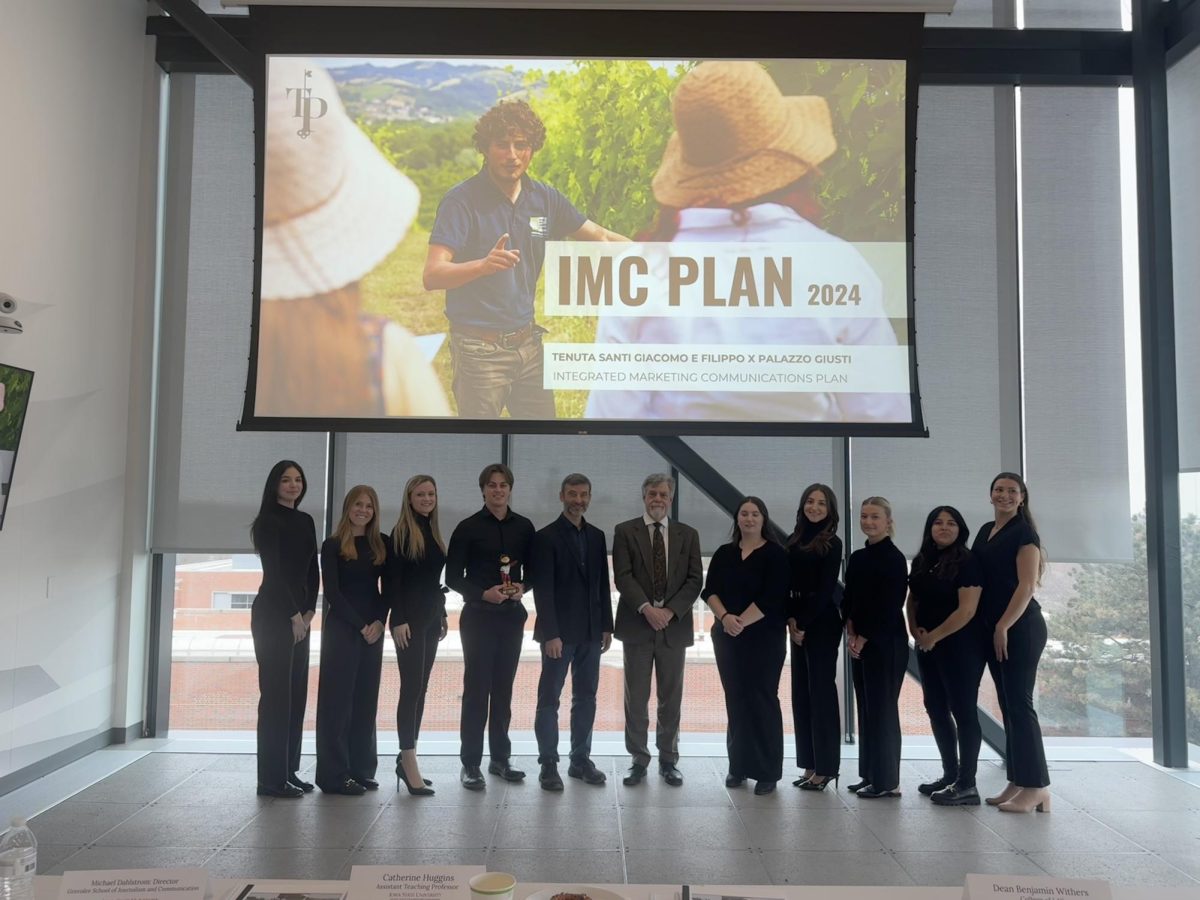
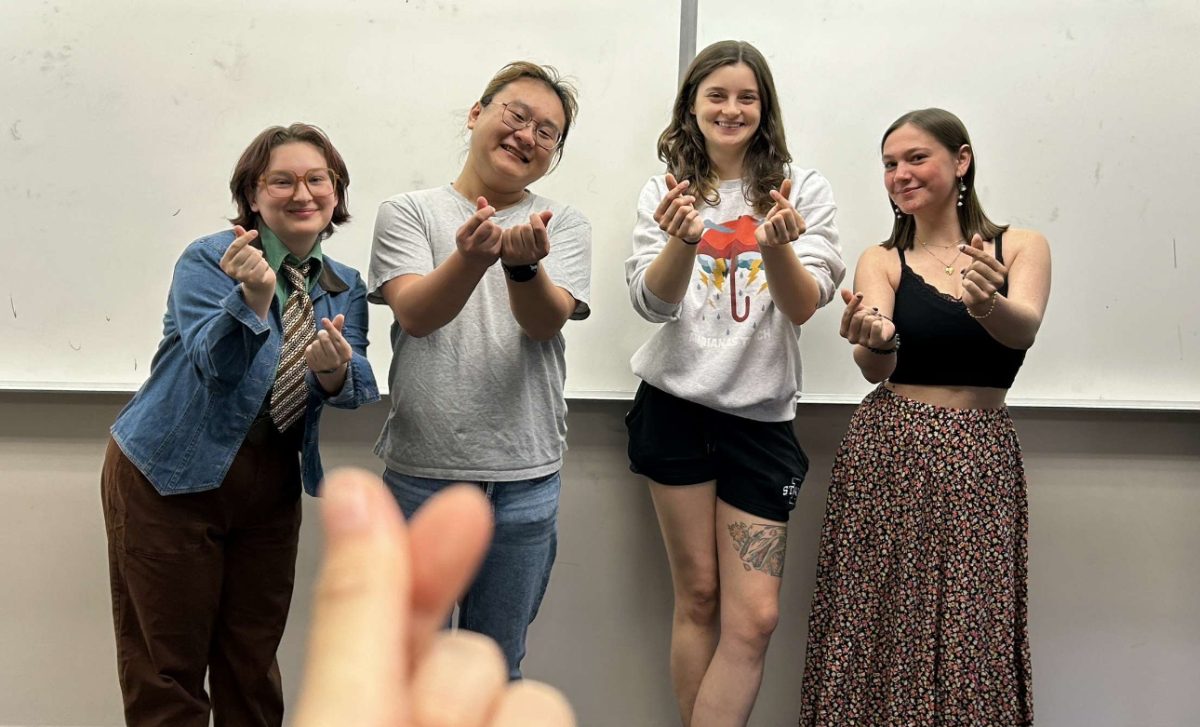

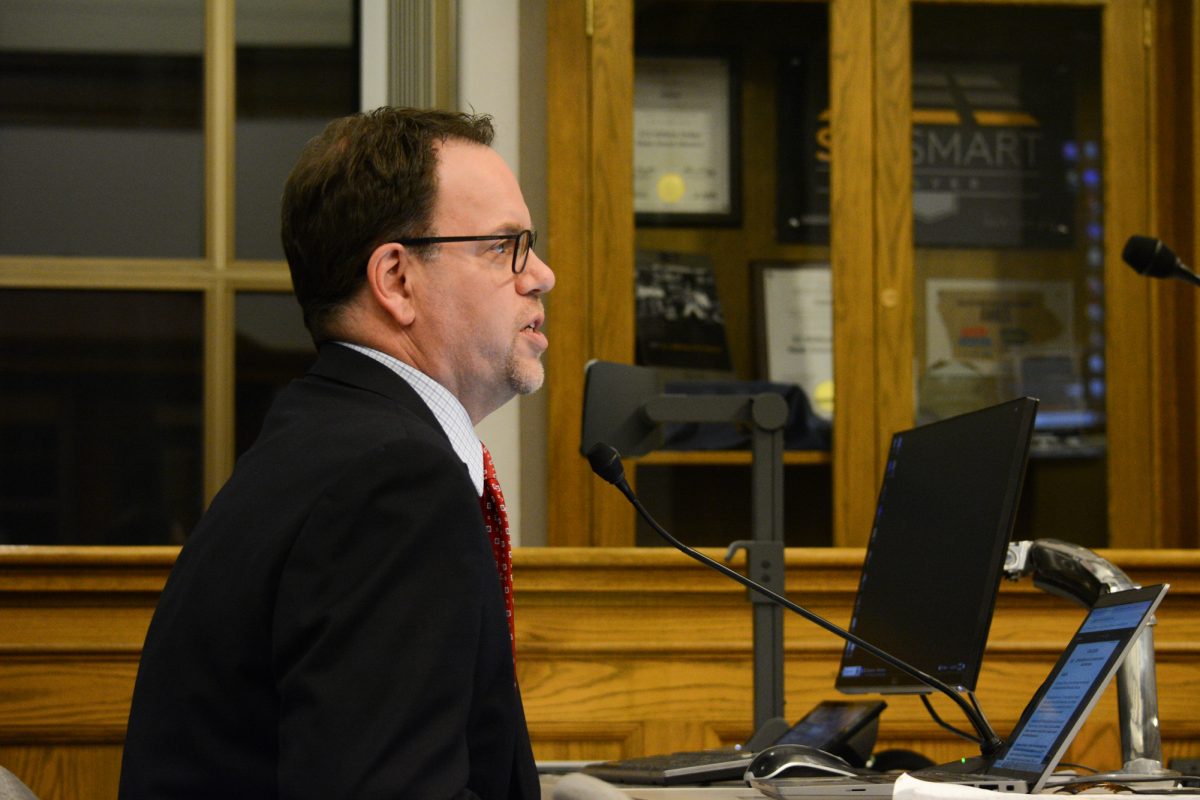

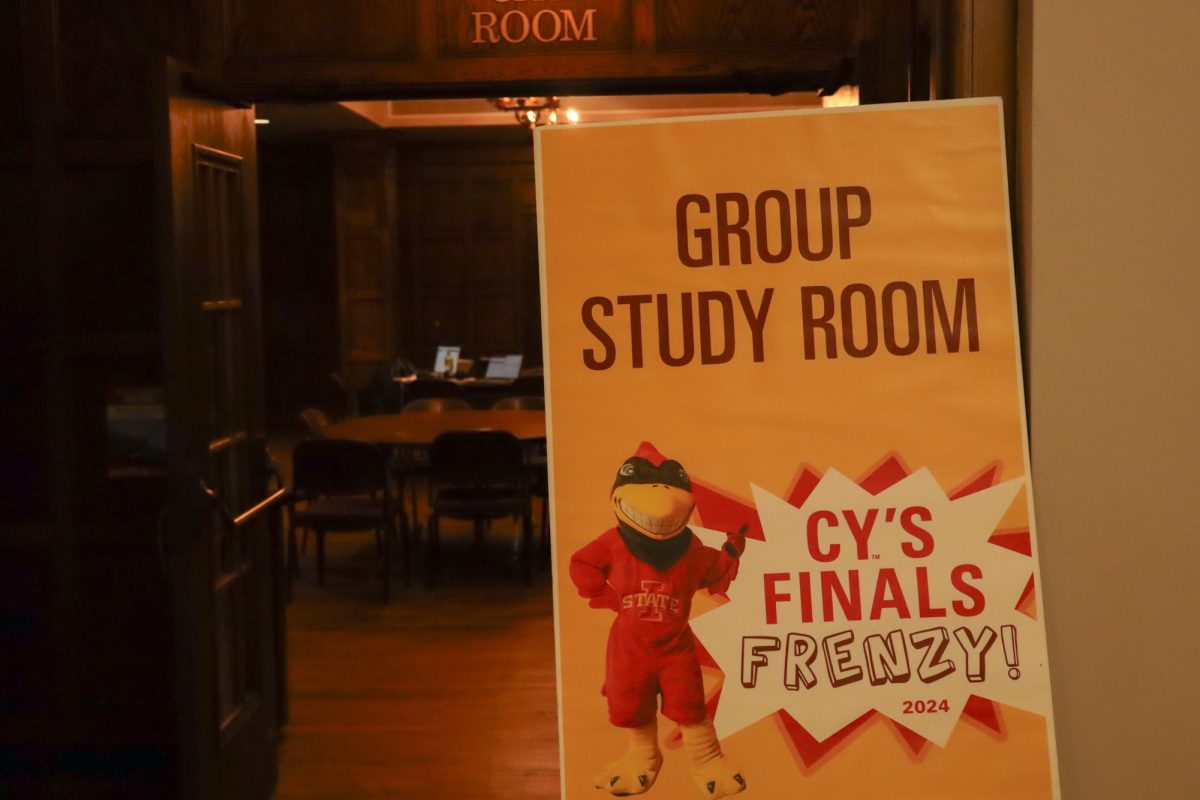

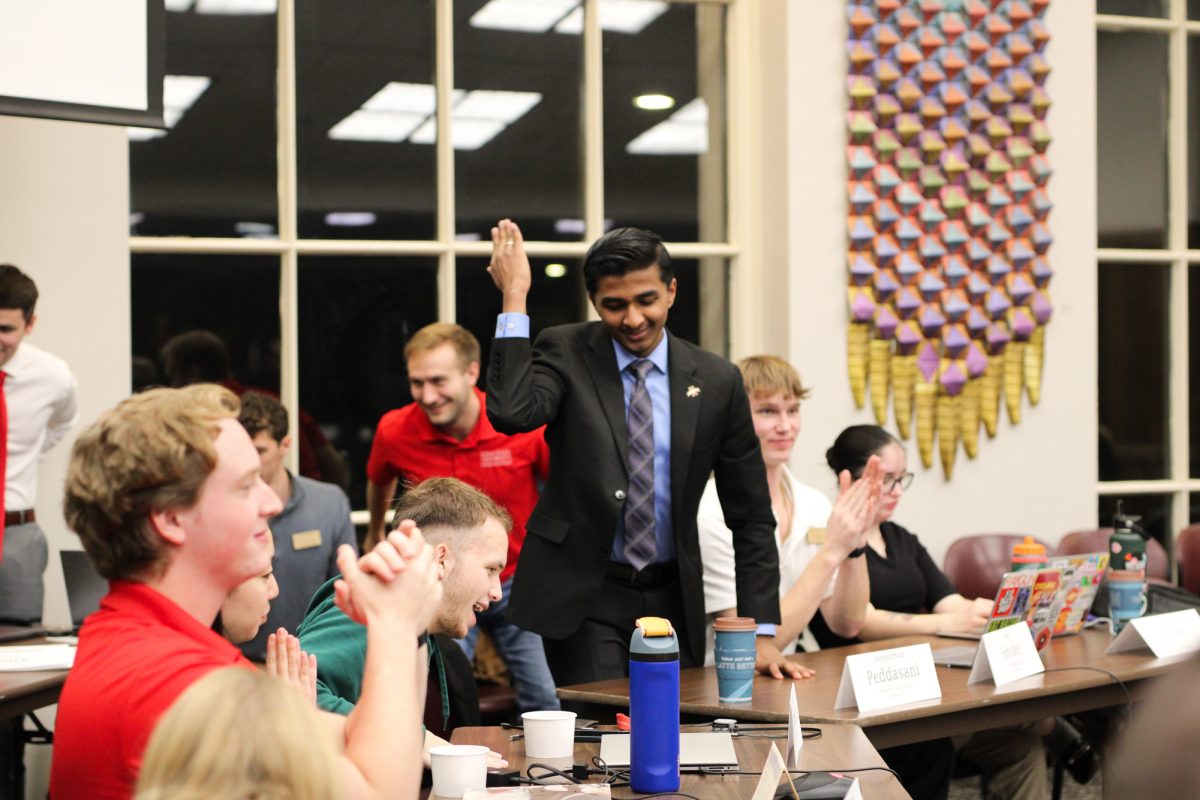
Maggie | Dec 4, 2024 at 8:20 am
The Washington article that you base the opinion that Parks claims were exaggerated stated they admit that those matched other testimonies. However, the difference in her stories is when she appeared on South Korean t.v about her time. I read her book and she explains, she was an actress at the time, paid to portray a certain persona. I don’t think you properly read the Washington post and this article has much bias when Parks speech was very inspiring and emotional.